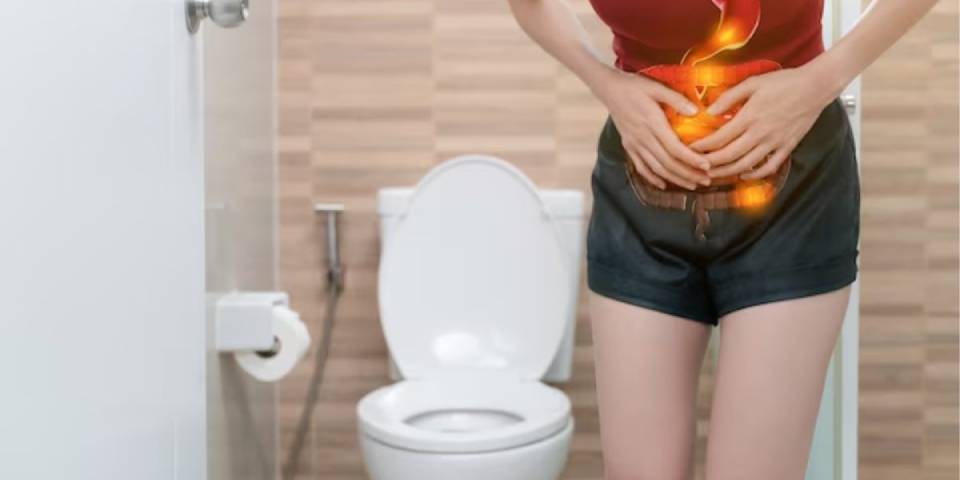Using the bathroom after a warm drink or gentle abdominal massage can sometimes trigger a bowel movement.

Constipation After Surgery: Mobility and Diet Solutions
|
|
Time to read 3 min
|
|
Time to read 3 min
If you have had surgery recently, you may notice that your body feels slower in more ways than one.
Constipation after surgery is very common, and it can make recovery uncomfortable.
The good news is lifestyle changes like
can make a big difference in how your body bounces back.
Your body has been through stress, and anesthesia, pain medications, and reduced activity can all slow down digestion.
When your body is not moving as much, your digestive system tends to move more slowly too. This is why constipation after surgery shows up for so many people, even if they never had issues before.
Short walks around your home or down the hallway give your intestines a gentle push to start working again.
Changing positions every hour or two prevents your digestive system from staying sluggish.
Breathing exercises can stimulate your core muscles, which also support bowel function.
You do not need to push your body too hard. Think of mobility as a signal to your body that it is time to wake up and return to normal.
What you eat after surgery plays a big role in whether your body stays constipated or finds relief. A few simple changes can help:
Fiber rich foods like fruits, vegetables, and whole grains give your digestive system the material it needs to move waste along.
Hydration is key. Water keeps everything soft and easier to pass, especially if you are adding more fiber.
Warm liquids such as tea or broth can gently stimulate your digestive tract.
Smaller, balanced meals are easier for your body to handle compared to heavy, large portions.
Along with these changes, you can add a second layer of protection for constipation after surgery.
Just limit foods that slow down digestion: processed snacks, fried meals, or too much cheese.
Your body will let you know when it is ready for more activity and when it needs rest.
Pay attention to how you feel after short walks or after adjusting your meals.
If constipation after surgery lasts for several days or becomes very painful, it is important to talk to your doctor.
Sometimes your body needs extra support through medications or adjustments to your recovery plan.
Constipation after surgery is frustrating, but it is also temporary.
Give your body gentle movement and foods that support your stomach in a balance way.
This will make your recovery smooth and comfortable.
Small steps really do add up when it comes to helping your digestion get back on track.
With Claisen, you can skip the gambling of random medications or quick over-the-counter fixes.
Get a tailored, science-backed guidance to address the root cause of your bloating and gas.
You might not even need a medication!
Constipation after surgery is common due to medications and less movement.
Short walks, changing positions, and deep breathing help digestion.
Fiber, hydration, warm drinks, and smaller meals support bowel movement.
Listen to your body and consult your doctor if constipation after surgery persists.
Small, consistent changes improve comfort and speed recovery for constipation after surgery.
Gentle movement, short walks, and drinking plenty of water usually help your body start moving again.
High fiber fruits, vegetables, whole grains, and warm liquids like tea or broth can support digestion quickly.
Using the bathroom after a warm drink or gentle abdominal massage can sometimes trigger a bowel movement.
If it lasts more than three to four days or becomes painful, contact your doctor for guidance.
Yes, yogurt with live cultures can help balance your gut and support smoother digestion.
Ripe bananas can help, but unripe ones may make constipation worse. Stick to soft, yellow bananas.

